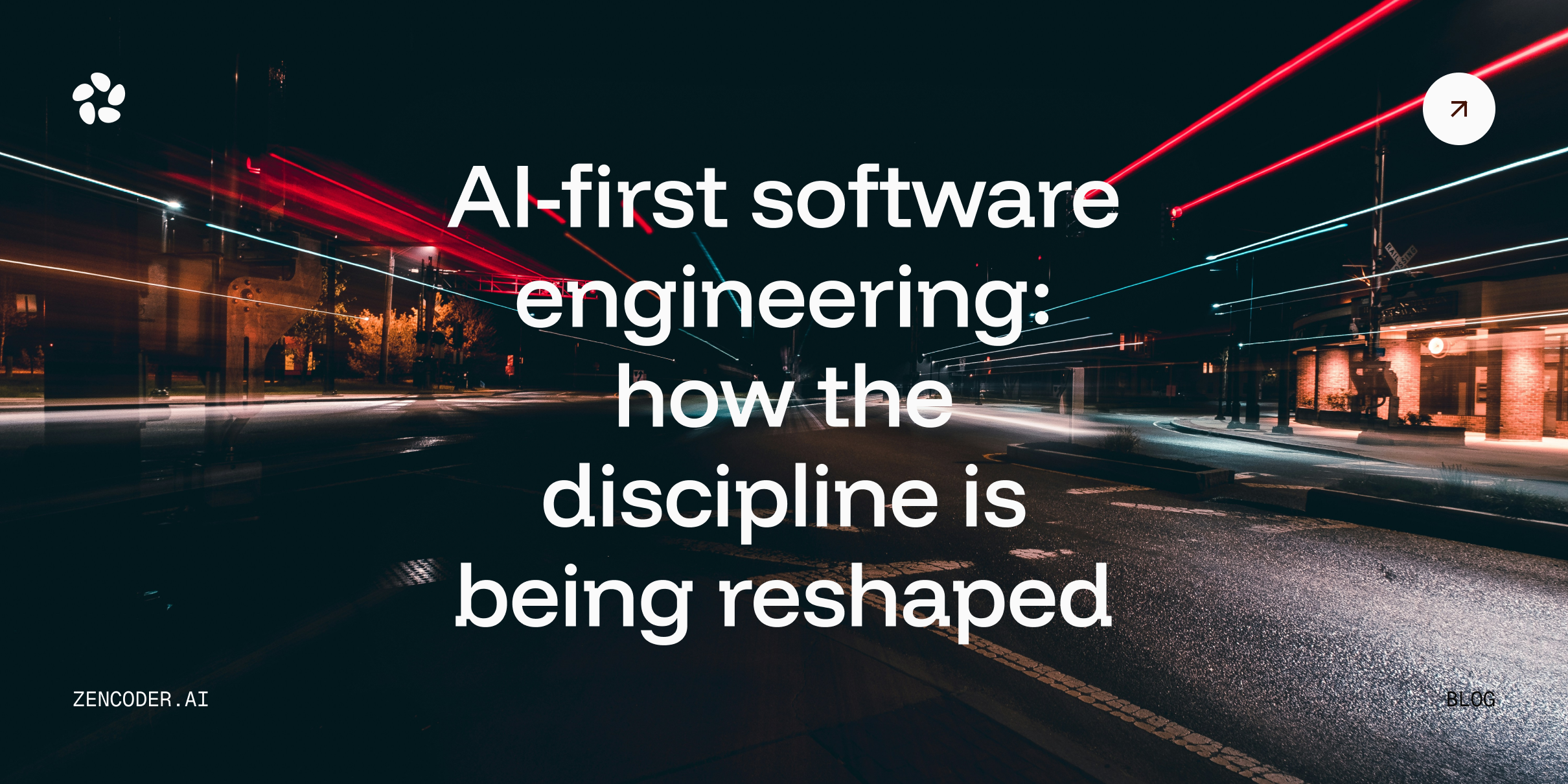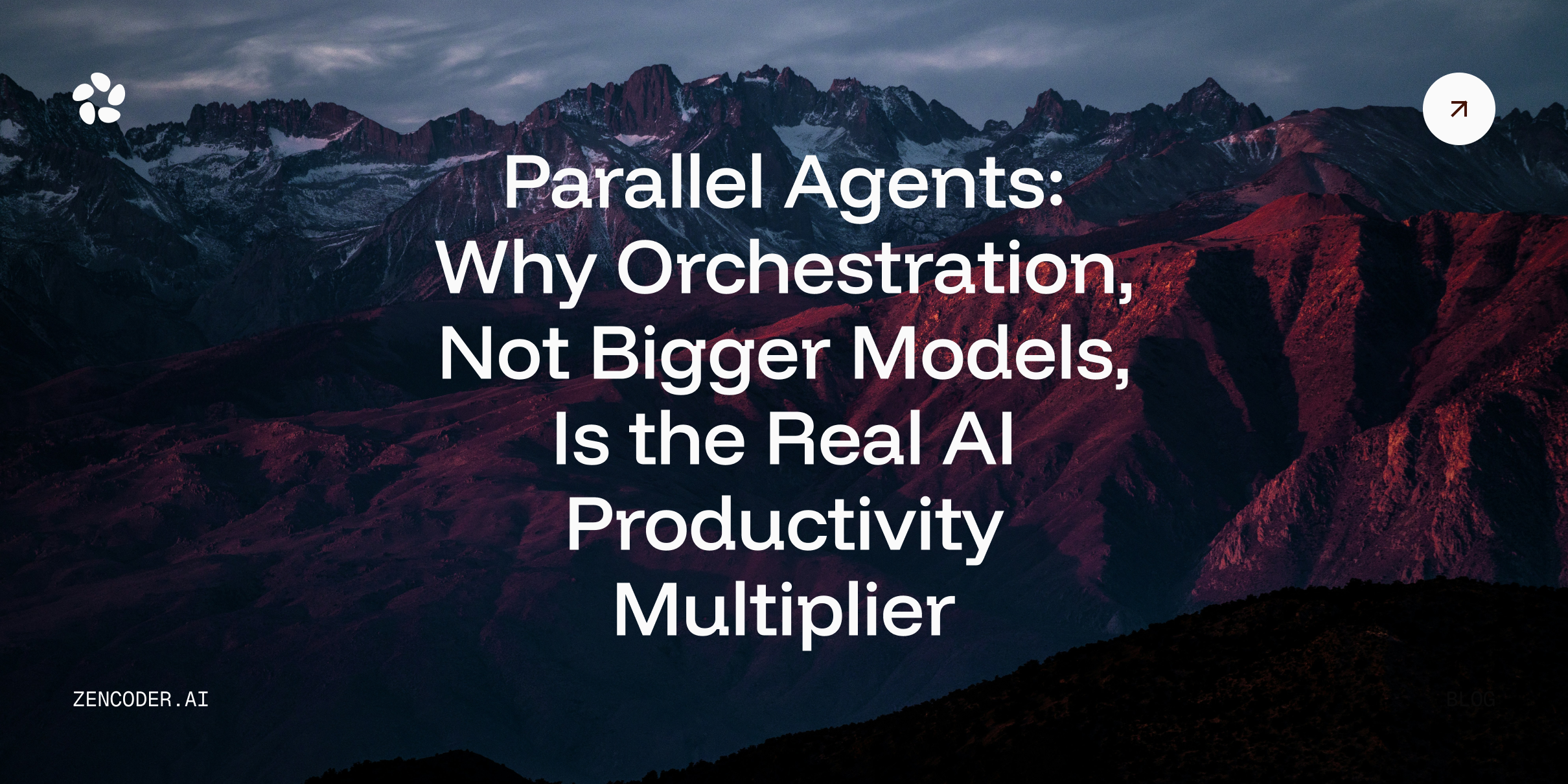Introduction: The Dawn of Intelligent Assistance in Software Development
The landscape of software engineering is undergoing a seismic shift. At the epicenter of this transformation are context-aware AI agents – sophisticated systems that don't just process code, but understand the intricate web of decisions, histories, and goals that shape a software project.
But what exactly makes these AI agents "context-aware"? Let's dive in.
Understanding Context-Aware AI Agents
Context-aware AI agents in software development are like seasoned architects who've been with your project from day one. They grasp not just the blueprint of your code, but the reasons behind every design decision, the team's coding patterns, and even the broader business objectives driving the project.
The Anatomy of Context Awareness
These agents achieve their contextual understanding through a combination of:
- Deep Learning Models: Trained on vast codebases and software development patterns.
- Natural Language Processing: To interpret human instructions and documentation.
- Graph-based Knowledge Representation: Mapping relationships between different parts of a project.
- Continuous Learning: Adapting to your team's specific practices and preferences over time.
Real-World Impact: Transforming SaaS Engineering Teams
Let's explore how these AI agents are already reshaping the workflow of SaaS engineering teams through concrete examples and applications.
Spotify's Discover Weekly: Context-Aware AI in Product Development
While not strictly a coding assistant, Spotify's Discover Weekly feature demonstrates the power of context-aware AI in SaaS product development.
The AI behind Discover Weekly understands:
- User listening history
- Global music trends
- Audio characteristics of songs
- Contextual information like time of day and user location
This context awareness allows Spotify to create highly personalized playlists, directly impacting user engagement and retention – key metrics for any SaaS product.
Zencoder: Pioneering Context-Aware AI in Software Development
Zencoder is at the forefront of integrating context-aware AI agents into the software development process. Their approach focuses on embedding these agents directly into developers' workflows and integrated development environments (IDEs). This seamless integration allows developers to leverage AI assistance without disrupting their usual coding practices.
Zencoder's AI coding agents employ advanced AI pipelines to analyze repositories, generate clean and efficient code, create unit tests and docstrings, and iteratively refine and repair code. What sets Zencoder apart is its use of embedded AI coding agents that not only generate code but also improve upon it. These agents perform deep syntactic and semantic analysis of the developer's repository, reducing errors and optimizing output.
Key features of Zencoder's context-aware AI agents include:
- Intelligent Code Generation: Developers can describe desired functionality, and Zencoder's AI generates efficient, maintainable code tailored to the project's context.
- Automated Testing: The AI creates comprehensive unit tests, understanding the broader implications of code changes.
- Smart Documentation: Zencoder automatically generates detailed docstrings, improving code maintainability.
- IDE Integration: The platform works within popular environments like VSCode and JetBrains, minimizing disruption to existing workflows.
- Multi-Language Support: Zencoder adapts to various programming languages, including Java, JavaScript, TypeScript, Python, C#, and Kotlin.
By leveraging these context-aware AI agents, Zencoder aims to significantly enhance developer productivity, allowing them to focus on high-value tasks while the AI handles routine coding operations and ensures code quality.
The next frontier for context-aware AI is multimodal intelligence, where agents can work with text, code, images, audio, and video inputs to provide even richer, context-sensitive assistance.
The Multifaceted Role of Context-Aware AI in SaaS Engineering
Let's delve deeper into the various ways these AI agents are revolutionizing SaaS development.
- Intelligent Code Completion and Generation
Modern context-aware AI agents go beyond simple autocomplete. They understand the project's architecture, coding patterns, and even business logic to suggest entire functions or classes.
Consider this example using GitHub Copilot, a leading context-aware coding assistant:
# Developer writes a comment
# Function to calculate total price including tax
# AI generates the following code
def calculate_total_price(price, tax_rate):
"""
Calculate the total price including tax.
Args:
price (float): The base price of the item.
tax_rate (float): The tax rate as a decimal (e.g., 0.1 for 10%).
Returns:
float: The total price including tax.
"""
tax_amount = price * tax_rate
total_price = price + tax_amount
return round(total_price, 2)
The AI understood not only the basic requirement but also:
- The need for docstrings in the project's coding style
- The importance of rounding in financial calculations
- The preference for clear variable names
- Predictive Bug Detection
Context-aware AI can spot potential bugs by understanding the interplay between different parts of a system. For instance, Amazon's CodeGuru reviewer can identify resource leaks, race conditions, and security vulnerabilities by analyzing the full context of the application.
Here's an example of CodeGuru identifying a potential concurrency issue:
public class UserService {
private Map<String, User> userCache = new HashMap<>();
public User getUser(String userId) {
if (!userCache.containsKey(userId)) {
userCache.put(userId, fetchUserFromDatabase(userId));
}
return userCache.get(userId);
}
}
CodeGuru might flag this with a comment like:
"This implementation of getUser is not thread-safe. In a multi-threaded environment, multiple threads could simultaneously determine that the user is not in the cache, potentially resulting in multiple database calls for the same user. Consider using ConcurrentHashMap or synchronizing the method."
- Architectural Insights and Refactoring Suggestions
As systems grow, maintaining a clean architecture becomes challenging. Context-aware AI agents can provide valuable insights for refactoring and architectural improvements.
For example, Microsoft's AI-assisted development tools can analyze large codebases and suggest microservices boundaries based on:
- Function call graphs
- Data access patterns
- Team ownership of different code sections
- Deployment and scaling requirements
Such insights can guide teams in evolving monolithic applications into more scalable microservices architectures.
- Automated Code Migration and Modernization
Migrating legacy systems to modern frameworks or cloud platforms is a common challenge in SaaS. Context-aware AI agents can significantly ease this process.
Google's AI-powered tools for migrating applications to the cloud demonstrate this capability. These tools can:
- Analyze on-premises applications
- Suggest cloud-native equivalents for various components
- Generate migration scripts
- Refactor code to leverage cloud services
For instance, when migrating a Java application using on-premises file storage to Google Cloud, the AI might suggest:
// Original code
File file = new File("/local/path/to/file.txt");
FileInputStream fis = new FileInputStream(file);
// AI-suggested cloud-native code
Storage storage = StorageOptions.getDefaultInstance().getService();
Blob blob = storage.get("bucket-name", "file.txt");
ReadChannel reader = blob.reader();
The AI understands not just the syntax change, but the architectural shift to cloud storage and the best practices for using Google Cloud Storage.
The Human Factor: Collaborating with AI in SaaS Engineering
While the capabilities of context-aware AI agents are impressive, their true power lies in how they augment human developers. Let's explore this synergy.
Enhancing Creativity and Problem-Solving
AI agents excel at routine tasks and pattern recognition, freeing developers to focus on creative problem-solving. This strategic shift often requires companies to acquire specialized talent quickly. For example, when building a new feature, developers can quickly prototype ideas using AI-generated code skeletons, then refine and innovate on top of this foundation.
Accelerating Learning and Onboarding
For junior developers or those new to a project, context-aware AI acts as an always-available mentor. It can explain code, suggest best practices, and provide project-specific insights, significantly reducing the learning curve.
Fostering Cross-Functional Collaboration
These AI agents can bridge the gap between different roles in a SaaS company. For instance, they can help translate business requirements into technical specifications, or explain technical constraints to non-technical stakeholders in accessible language.
Challenges and Considerations
While the benefits are significant, integrating context-aware AI into SaaS engineering teams comes with challenges:
- Data Privacy and Security: These AI systems require access to codebases and potentially sensitive business logic. Ensuring data security is paramount.
- Over-reliance: There's a risk of developers becoming too dependent on AI suggestions, potentially stunting their growth or leading to homogenized code.
- Ethical Considerations: As AI becomes more involved in decision-making, questions arise about accountability and bias in AI-assisted development.
- Integration and Training: Effectively integrating these tools into existing workflows and training teams to use them efficiently takes time and resources.
The Road Ahead: Preparing for an AI-Augmented Future
As we look to the future of SaaS engineering with context-aware AI, here are key steps teams can take:
- Invest in Data Infrastructure: The effectiveness of AI agents depends on the quality and organization of your data. Invest in robust version control, documentation, and knowledge management systems.
- Develop AI Literacy: Encourage team members to understand the capabilities and limitations of AI tools. This knowledge helps in effectively leveraging AI assistance.
- Create AI-Human Collaboration Frameworks: Establish guidelines for when and how to use AI assistance, ensuring it enhances rather than replaces human judgment.
- Emphasize Continuous Learning: As AI tools evolve rapidly, foster a culture of continuous learning and adaptation within your team.
- Ethical AI Usage: Develop ethical guidelines for AI use in your development process, addressing issues of bias, transparency, and accountability.
Conclusion: The Symbiosis of Human Ingenuity and AI Assistance
As we wrap up our exploration of context-aware AI agents and their impact on the future of engineering teams in SaaS, it's clear that we're standing on the brink of a new era in software development. The integration of these intelligent, adaptive AI systems into our workflows promises to revolutionize how we build, maintain, and evolve software products.
We've seen how context-aware AI can enhance productivity by streamlining workflows and eliminating bottlenecks. We've explored its potential to foster collaboration by serving as a central knowledge repository and facilitating seamless communication. And we've discussed how it can elevate decision-making processes by providing data-driven insights tailored to your specific context.
Real-world applications, from AI-assisted code reviews to predictive analytics for product development, demonstrate that this technology is not a future possibility but a present reality.
Companies that have embraced context-aware AI are already leveraging AI to handle the routine and repetitive, while empowering human developers to push the boundaries of innovation and tackle the most complex challenges in software engineering.
The future of SaaS engineering is neither purely human nor purely AI-driven. It's a collaborative future where context-aware AI agents and human ingenuity work in concert, each enhancing the capabilities of the other, to create software that was once beyond our reach. As we stand on the brink of this new era, the possibilities are as exciting as they are boundless.


_%20The%20Engineering%20Method%20AI%20Needed%20(1).webp)
